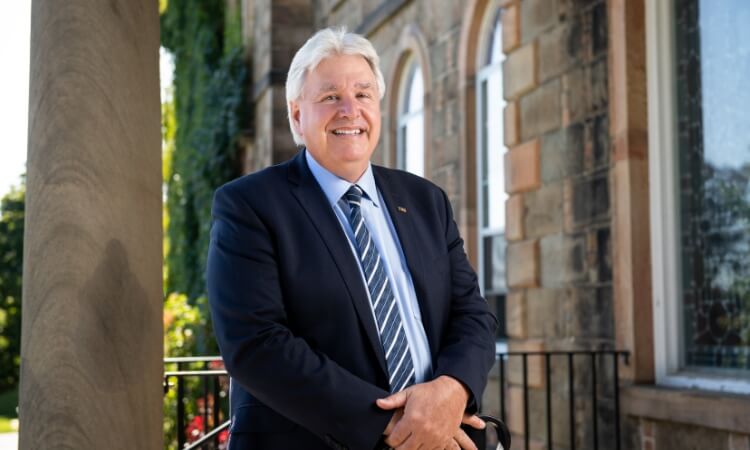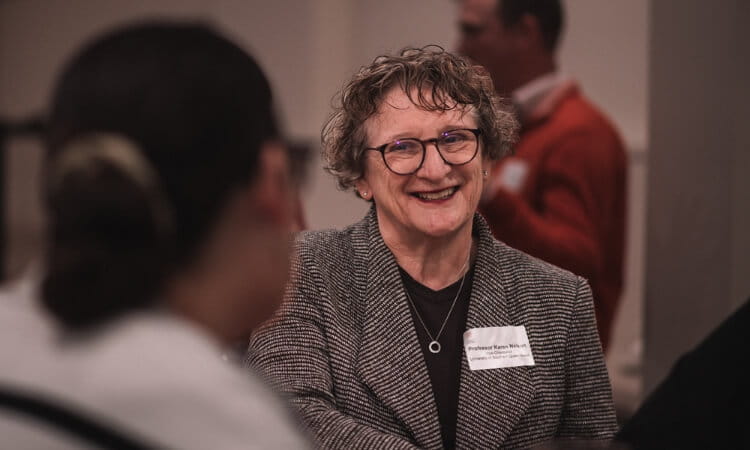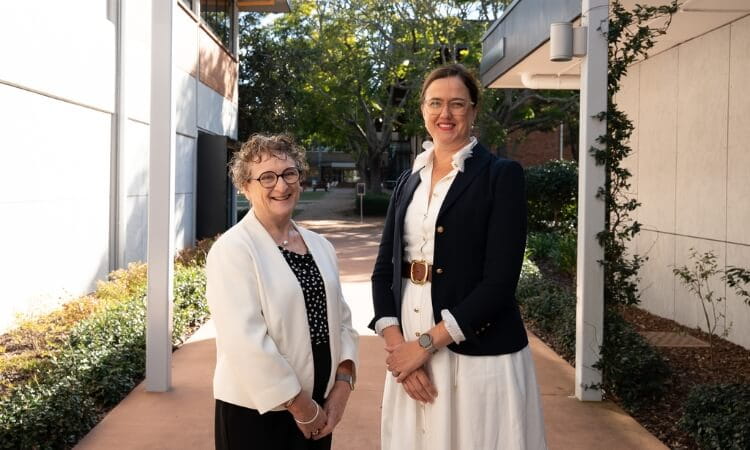When we talk about the future of Australia's regions, agriculture, industry, and health often dominate the conversation. But there’s a crucial element that's frequently overlooked and increasingly under threat: how the humanities shape the social, cultural, and intellectual fabric of our country.
In a time when humanities disciplines face immense pressure – from misperceptions of their value to fee hikes, course reductions, funding constraints, and unhelpful policy settings – the University of Southern Queensland is taking a different path.
At UniSQ, we’re committed to the disciplines that help us understand the human experience, tackle complex global issues, and build vibrant communities. We know they matter.
The humanities equip us with the tools to understand one another, to listen, reflect, and imagine a better future. In regional areas, where questions of identity, belonging, and legacy are ever-present, these disciplines are indispensable.
Humanities graduates are highly adaptable. In regions experiencing rapid economic and social change, we need people who can bridge disciplines, think critically, communicate clearly, and understand the cultural dimensions of decision-making.
Humanities graduates are not only employable, they are equipped for change. They bring creativity, analysis, and empathy to diverse roles in education, media, policy, public service, and community development.
The UniSQ Centre for Heritage and Culture exemplifies the powerful impact of humanities research. Our humanities research is known for addressing global issues with international research partners.
We are shedding new light on Australia's past and what it means for our future, from tracing First Nations histories to examining colonial-settler migration and frontier conflict.
Our work is not isolated. We collaborate with the health sector to explore ethical and cultural aspects of care, work with communities to understand First Nations water rights, and partner with governments to protect significant landscapes.
In uncertain times, the humanities offer more than career skills; they help individuals and communities make sense of change, loss, and complexity. They support mental wellbeing, social cohesion, and the shared values that hold communities together.
The humanities are embedded in the life of our regions. They help us interpret the past, navigate the present, and imagine the future. Humanities knowledge and skills support Australia's development – from mining and infrastructure to tourism and agriculture – much of which takes place in regional and remote areas.
Across the sector, we're witnessing a troubling pattern of reductions to humanities subjects and degrees. If this continues, Australia will lose the expertise, infrastructure, and research programs needed to interpret global change, cultural identity, and ethical governance.
The dismantling of the humanities erodes more than knowledge; it undermines our capacity for long-term, independent, and culturally literate thought.
Universities must make difficult decisions in a shifting policy and funding environment. But the real challenge is not about funding or whether the humanities will survive; it's about whether we as a nation can thrive without them.
Supporting the humanities means recognising that the disciplines that help us understand what it means to be human are vital for our future. Our democracy, identity, and communities are stronger when we invest in curiosity, creativity, and critical reflection.



